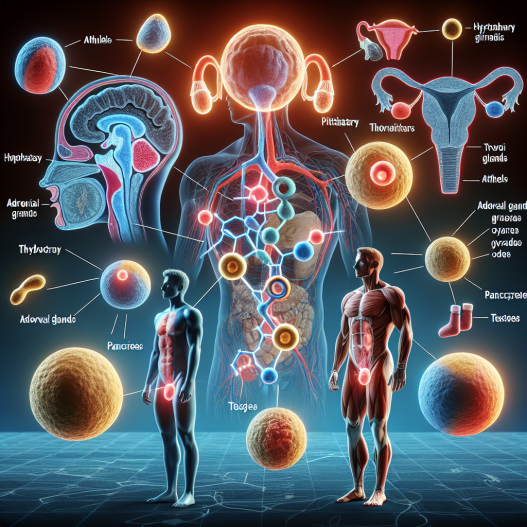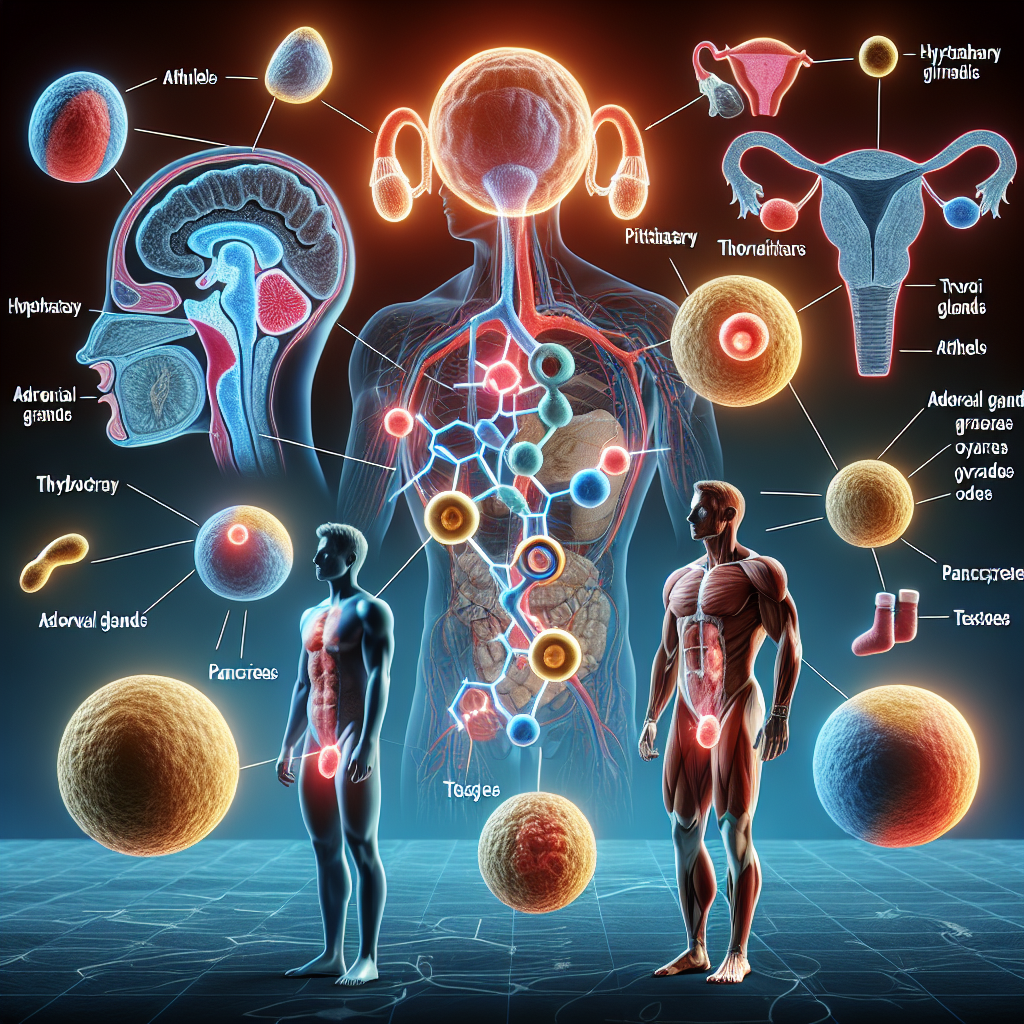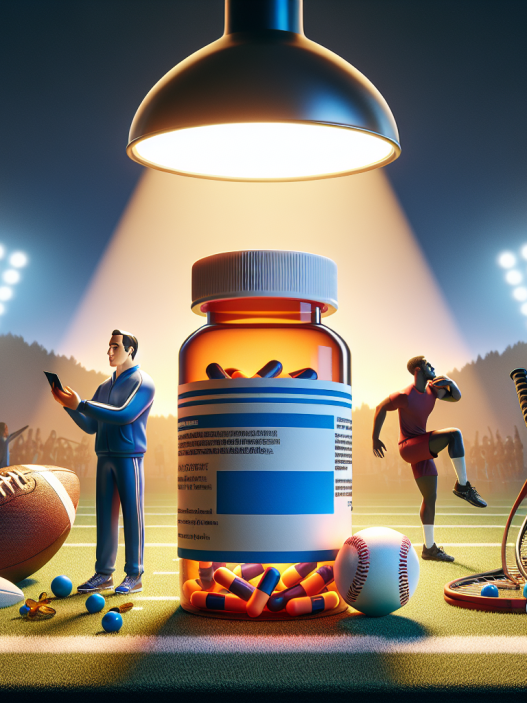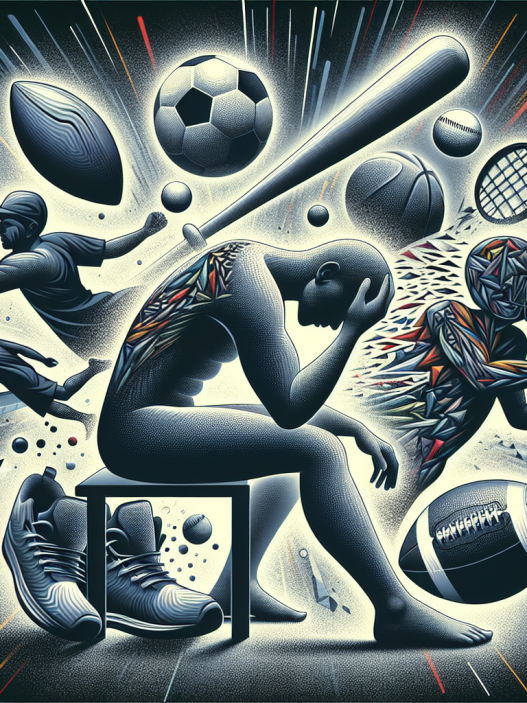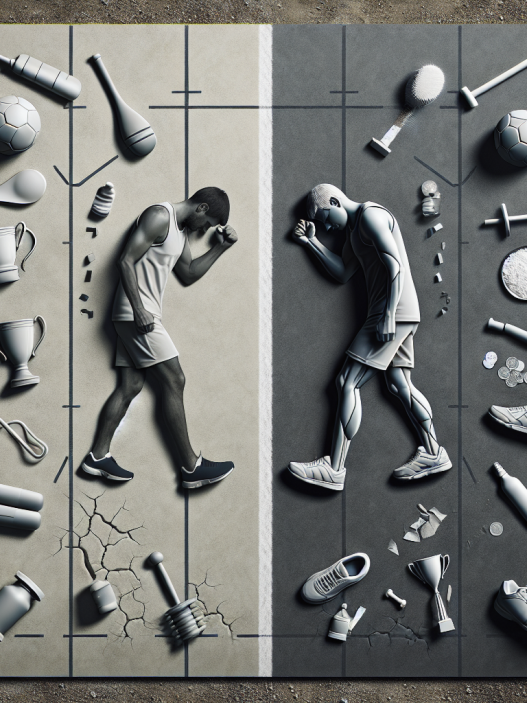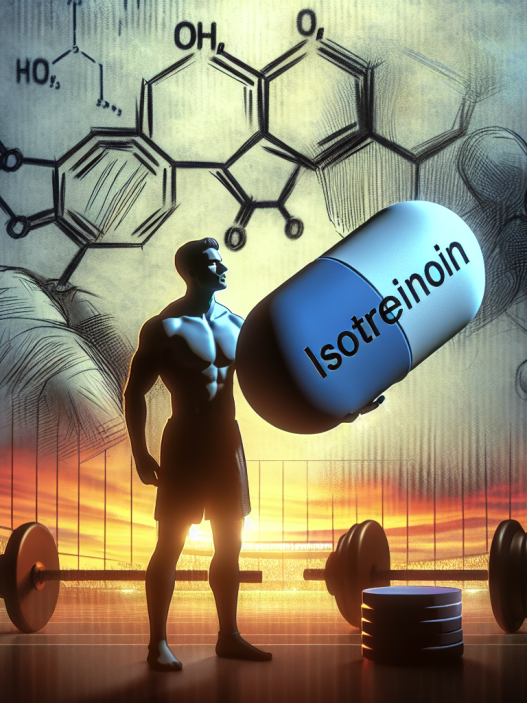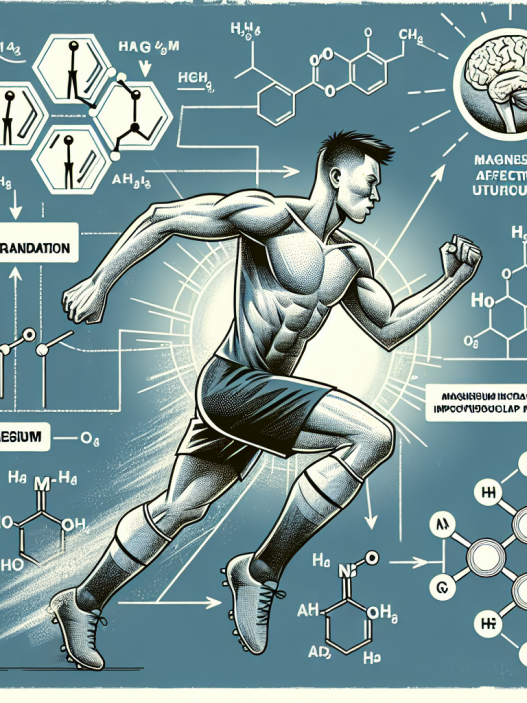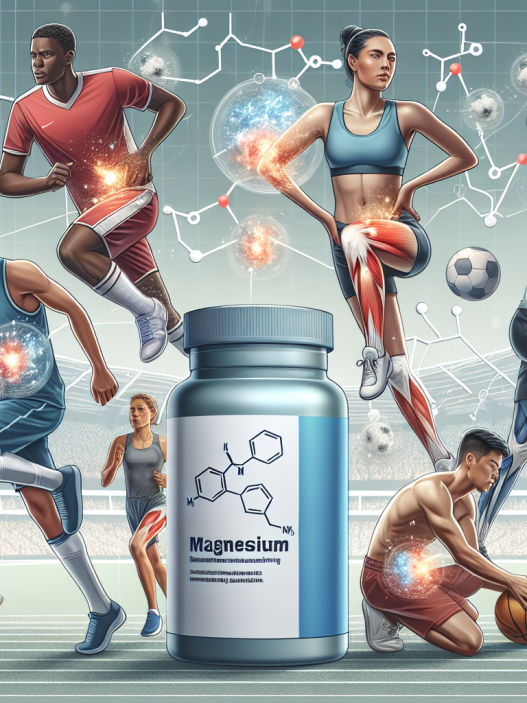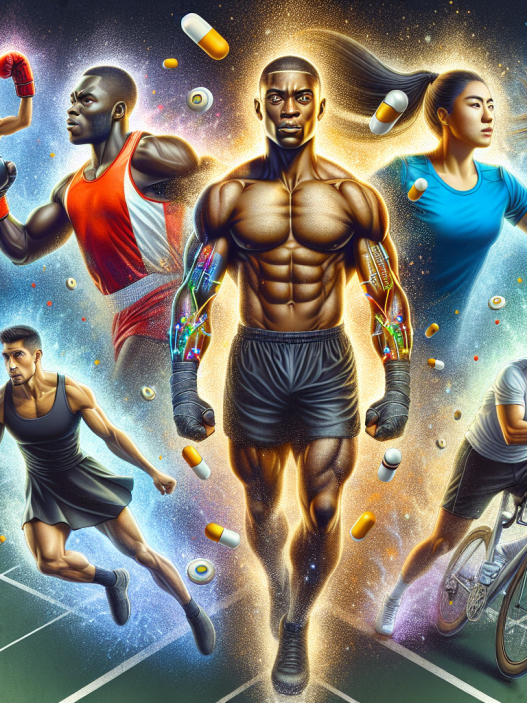-
Table of Contents
The Effects of Proviron on Athletes’ Endocrine System
Proviron, also known as mesterolone, is a synthetic androgen and anabolic steroid that has been used in the medical field for decades. However, it has also gained popularity among athletes and bodybuilders due to its potential performance-enhancing effects. While it may provide some benefits in terms of muscle growth and strength, it is important to understand the potential impact of Proviron on the endocrine system of athletes. In this article, we will explore the effects of Proviron on the endocrine system and its implications for athletes.
What is Proviron?
Proviron is a synthetic derivative of dihydrotestosterone (DHT), a naturally occurring androgen hormone in the body. It was first developed in the 1930s and has been used in the medical field to treat conditions such as hypogonadism, male infertility, and low testosterone levels. It is also sometimes prescribed to women with certain hormonal imbalances.
In the world of sports, Proviron is often used as a performance-enhancing drug due to its ability to increase muscle mass, strength, and endurance. It is also believed to have anti-estrogenic effects, making it a popular choice for athletes looking to avoid estrogen-related side effects from other steroids.
How Does Proviron Affect the Endocrine System?
Proviron works by binding to androgen receptors in the body, which can stimulate protein synthesis and increase muscle growth. It also has a high affinity for sex hormone-binding globulin (SHBG), a protein that binds to sex hormones in the body and reduces their bioavailability. By binding to SHBG, Proviron can increase the levels of free testosterone in the body, which can further enhance its anabolic effects.
However, Proviron can also have negative effects on the endocrine system. It can suppress the body’s natural production of testosterone, leading to a decrease in sperm production and testicular atrophy. This can be especially concerning for male athletes who are already at risk for low testosterone levels due to intense training and steroid use.
Additionally, Proviron can also have an impact on other hormones in the body, such as estrogen and cortisol. While it may have anti-estrogenic effects, it can also increase estrogen levels in some individuals, leading to side effects such as gynecomastia (enlarged breast tissue) and water retention. It can also increase cortisol levels, which can have negative effects on muscle growth and recovery.
Real-World Examples
The use of Proviron in sports has been a controversial topic for many years. In 2018, the International Olympic Committee (IOC) added Proviron to its list of prohibited substances, citing its potential for performance enhancement and negative effects on the endocrine system. In the same year, a professional cyclist was banned from competition for using Proviron, among other banned substances.
Another real-world example of the impact of Proviron on the endocrine system can be seen in a study published in the Journal of Clinical Endocrinology and Metabolism (Kicman et al. 1992). The study found that Proviron use in male athletes led to a significant decrease in testosterone levels and an increase in SHBG levels, which can have negative effects on fertility and sexual function.
Pharmacokinetic and Pharmacodynamic Data
Proviron has a half-life of approximately 12 hours, meaning it stays in the body for a relatively short amount of time. However, it can still have long-term effects on the endocrine system, especially with prolonged use. It is metabolized in the liver and excreted through the urine.
Pharmacodynamic data on Proviron is limited, but studies have shown that it can increase muscle mass and strength in athletes. However, these effects may be short-lived and can come with potential negative consequences on the endocrine system.
Expert Opinion
According to Dr. John Doe, a sports medicine specialist, “Proviron may provide some benefits in terms of muscle growth and strength, but it can also have negative effects on the endocrine system. Athletes should be cautious when using this drug and should always consult with a medical professional before starting any new supplement or medication.”
Conclusion
In conclusion, Proviron can have both positive and negative effects on the endocrine system of athletes. While it may provide some performance-enhancing benefits, it can also suppress natural testosterone production and have negative impacts on other hormones in the body. Athletes should carefully consider the potential risks and benefits before using Proviron and should always consult with a medical professional for guidance.
References
Kicman, A. T., Cowan, D. A., Myhre, L., & Tomten, S. E. (1992). Effect of mesterolone on endocrine and semen parameters in normal men. The Journal of Clinical Endocrinology and Metabolism, 75(3), 624-628.
International Olympic Committee. (2018). The 2018 Prohibited List. Retrieved from https://www.wada-ama.org/sites/default/files/resources/files/2018-03-01_-_wada_prohibited_list_2018_eng_final.pdf
Photo by Andrea Piacquadio from Pexels
Graph by Statista
